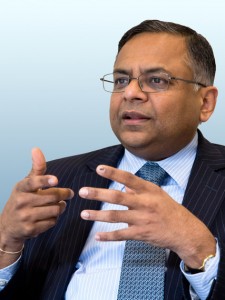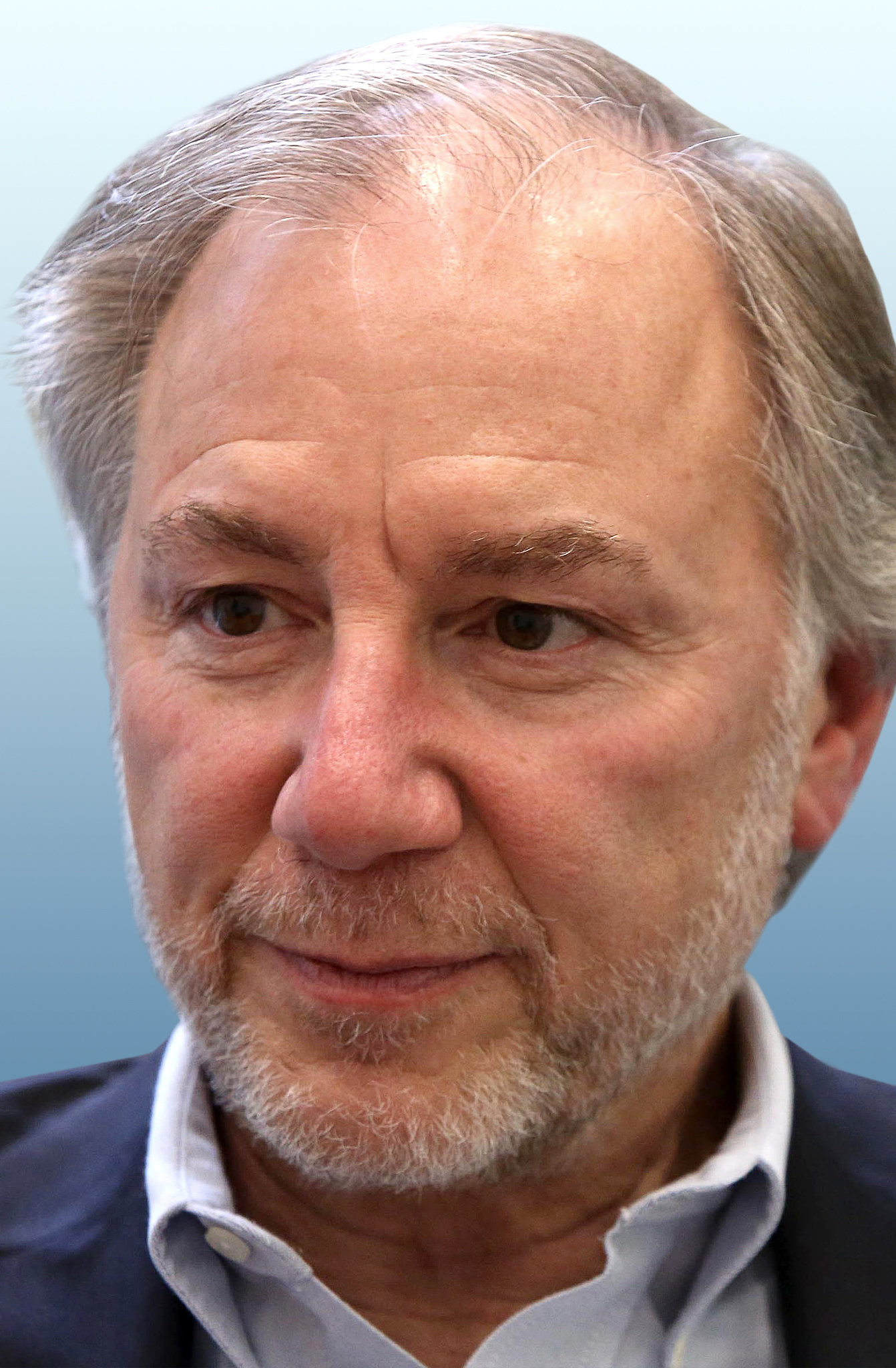The Six-Chair Meeting Theory
Lew Cirne is the Chief Executive of New Relic, a software analytics company based out of San Francisco. In a recent interview with Adam Bryant of the New York times, Cirne discussed his approach to management and meetings:
- As an executive, don’t fall into the trap of wanting everyone to like you: “You can’t get very far as a leader without making tough decisions that some people disagree with.” Trying focusing your attention on making the decisions that are best for the company, not best for your popularity.
- Get every employee to engage enthusiastically at meetings: “When the CEO’s really active in a big meeting, people feel less willing to volunteer contributions, and that’s not good.” Keep engagement up by keeping the headcount at a meeting down.
- Six chairs are ideal for a meeting: “I have a table in my office. It has six chairs around it. If the meeting is too big for that table, I won’t go unless it’s a board meeting… Six sets the right tone, everyone can contribute, and you’re more focused on problem solving.”
- Time management skills are crucial for a successful CEO: “[Time] is our most precious asset, and I don’t think you can be successful in the role without being very thoughtful and deliberate about it.”
- Be aware of how your emotions affect others: “I try to be aware of where I’m at emotionally, and ask myself whether I’m really going to be able to contribute energy to the company. If all you can do is criticize without offering solutions, maybe it’s best to just go for a long drive.” Offering solutions is key as a leader.
To view the full New York Times interview click here.




